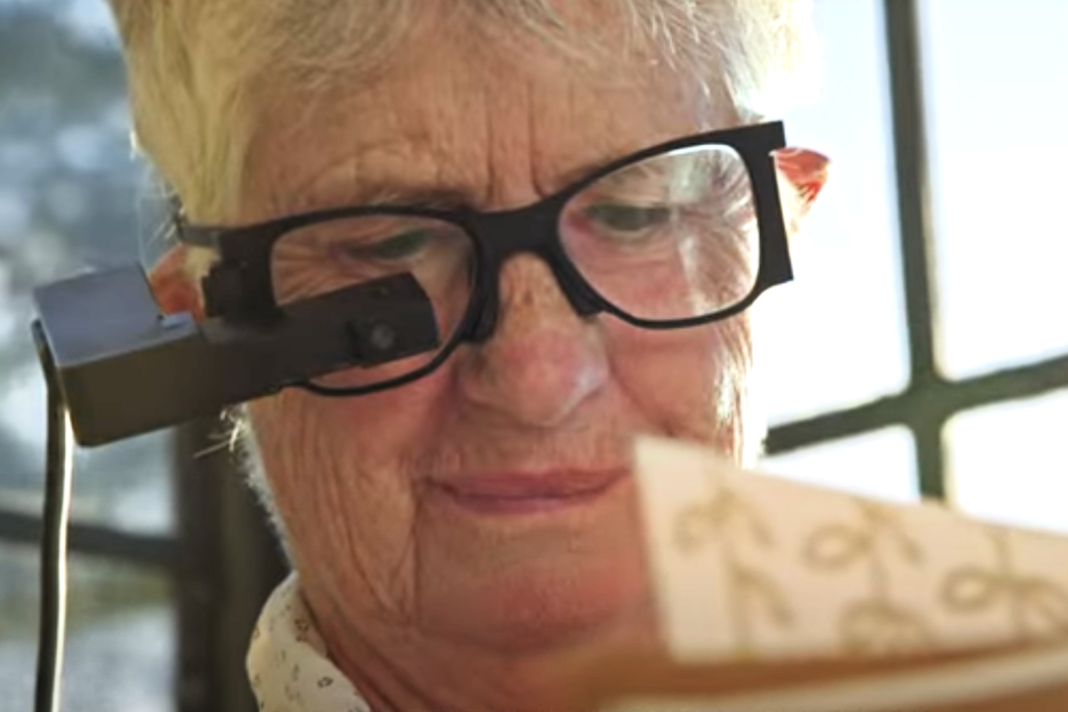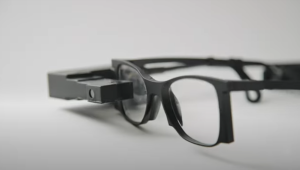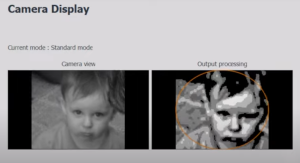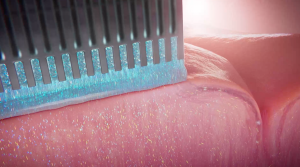Key Takeaways
- First retinal implant successfully restores functional vision in AMD patients
- Over 80% of trial participants showed clinically meaningful improvement
- Technology enables reading, face recognition after irreversible vision loss
Scientists have achieved a medical breakthrough with the world’s first retinal implant that can restore sight to people suffering from irreversible vision loss. The PRIMA system, developed by Science Corporation, has demonstrated the ability to help patients read text, recognize faces, and perform daily tasks through artificial vision.
How the PRIMA System Works
The brain-computer interface involves camera-mounted glasses that wirelessly transmit signals to a chip implanted under the retina. After a year of testing on people with macular degeneration (AMD), the system allowed them to read numbers and words that were previously impossible to see.
AMD affects over 5 million people worldwide and is the most common sight loss condition in people over 55. The disease destroys central vision, making reading, driving, and face recognition impossible. Previous treatments could only slow AMD’s progression, not improve vision.
Clinical Trial Results
In a clinical trial involving 38 participants, more than 80% experienced clinically meaningful improvement after 12 months of using the PRIMA system. The technology represents the first successful restoration of functional central vision in patients blinded by geographic atrophy.
“This breakthrough underscores our commitment to pioneering technologies that provide hope to patients in need, and which have the ability to transform lives,” said Max Hodak, founder and CEO of Science Corporation. “We are excited about the potential of PRIMA to redefine vision restoration for these patients.”
Neuralink Connection and Future Potential
Notably, Mr. Hodak was previously a cofounder of Neuralink alongside Elon Musk. While Neuralink focuses on brain-computer interfaces for paralyzed patients, Science Corporation has achieved this vision restoration milestone first. The technology marks a paradigm shift in treating late-stage AMD, offering hope where none existed before.
Dr. Frank Holz, chair of Ophthalmology at University Hospital of Bonn, confirmed: “This study confirms that, for the first time, we can restore functional central vision in patients blinded by geographic atrophy. The implant represents a paradigm shift in treating late-stage AMD.”







